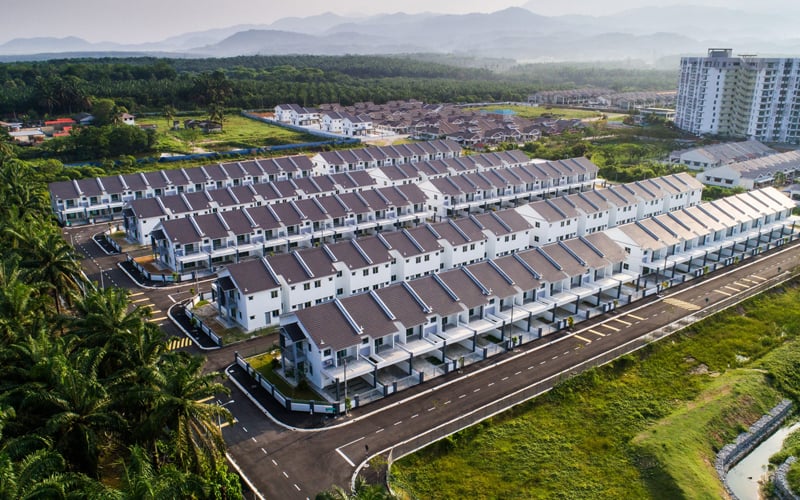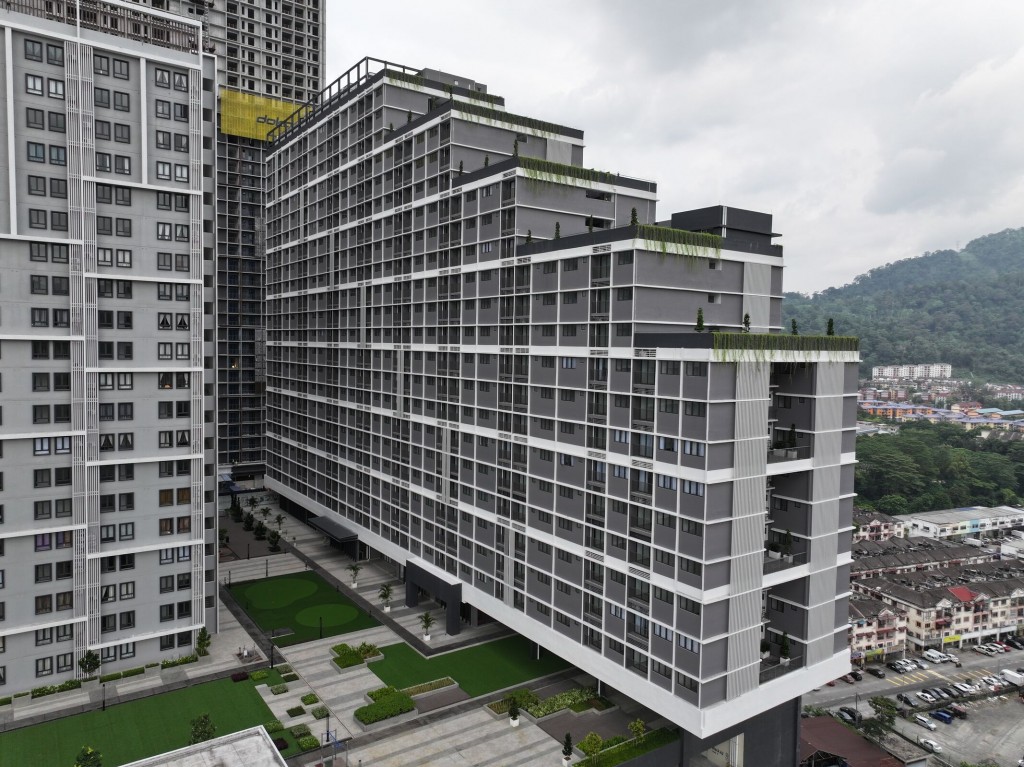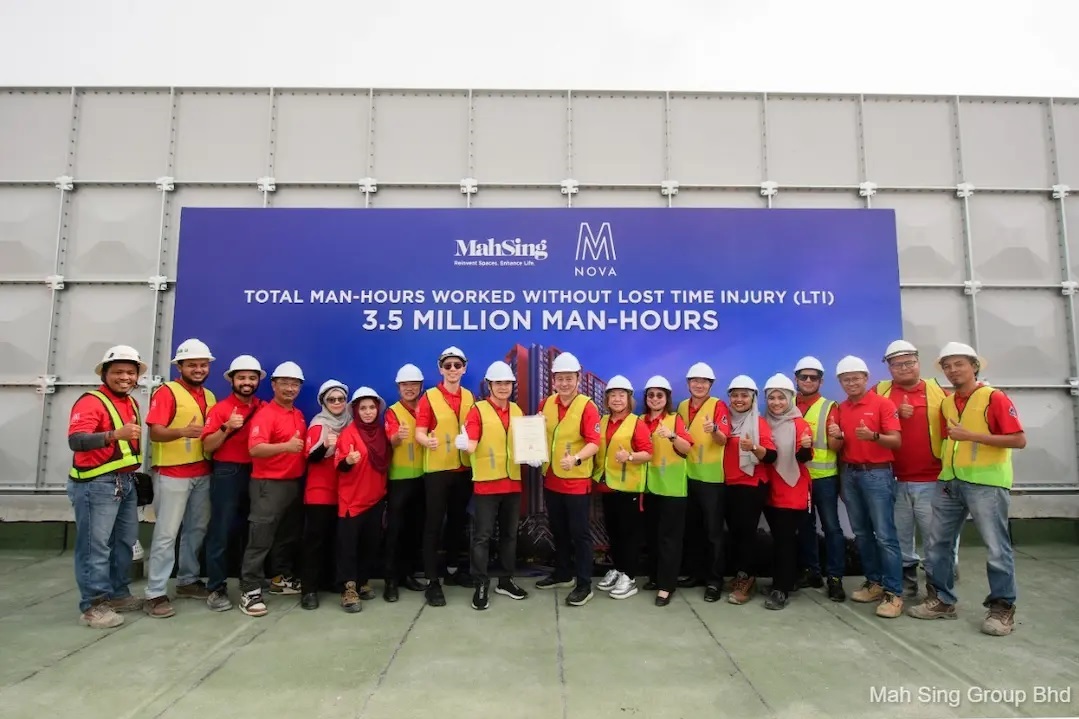
PETALING JAYA: The federal government and Economic Planning Unit (EPU) should actively engage with property developers to ensure that property projects are not derailed over the issue of Bumiputera equity policy compliance, say property consultants.
KGVI International Property Consultants (Johor) Sdn Bhd executive director Samuel Tan said the government and property companies should seek “win-win solutions” that enable property projects to be implemented for the people while complying with the Bumiputera policy.
He said dialogue and collaboration between the authorities and private sector were crucial to ensure a transparent, practical and implementable Bumiputera equity policy.
“It is important to gather all the feedback to ensure that any policy guidelines do not inadvertently affect the good intention to build affordable housing that benefits the rakyat.

“The worst case would be drafting policy in a silo and blindly enforcing rules that are out of sync with reality and not aligned with the nation’s development objectives, and which adversely affect the people’s well-being,” he told FMT Business.
Tan was commenting on the recent termination of a conditional sale and purchase agreement (SPA) between SP Setia Bhd and Scientex Bhd to sell 960 acres of land in Tebrau, Johor, to the latter’s subsidiary, Scientex Lestari Sdn Bhd, for RM548 million.
The SPA was aborted after Scientex Lestari failed to get approval from the EPU, purportedly over the Bumiputera equity condition. It was the second time the agreement had collapsed.
The two groups initially struck a deal for the land at RM518 million in 2021 but it was aborted in March 2023 due to Scientex’s inability to secure a waiver for the Bumiputera equity condition.
A new deal was struck in July 2023 with a revised price of RM548 million after Scientex formed a joint venture with Bumiputera businessman Azman Mahmud. However, it again failed to get the approval of the EPU, which is under the Prime Minister’s Department.
‘Perplexing decision’
Observers were perplexed at the EPU’s decision given that Scientex appeared to have complied with the Bumiputera equity requirement as Azman held a 30% equity stake in Scientex Lestari.
The plastics manufacturer cum property developer had earmarked the land to be developed as a township with 12,000 affordable houses, with an estimated gross development value of RM8 billion.
A Scientex spokesperson told FMT Business the latest setback did not affect the company’s long-term plans, and that it remained “committed to delivering more affordable homes nationwide”.
Scientex’s property division aims to deliver 50,000 units of affordable homes by 2028. To date, it has delivered nearly 32,975 affordable homes priced below RM500,000 nationwide.
While Tan does not think that the termination of the SP Setia-Scientex deal will drastically stifle Johor’s economic development, the more concerning matter for him is the negative perception it may have created.
“Developers and investors will get concerned and confused about the Bumiputera equity policy. Such termination may leave a bad taste in the property development fraternity and affect developers’ confidence in the long run,” he said.
Tan urged the government to undertake a holistic review of the Bumiputera equity policy, stressing the need for a policy that is “clear and transparent”.
“To avoid unnecessary bureaucracy, it would be beneficial to all to spell out clearly what is the percentage for Bumiputera equity, and exceptions under special circumstances,” he said.
“An unclear policy that is subject to subjective interpretation will lead to inconsistent policy flip-flopping. This chases away genuine investment.”
More engagement needed

Rahim & Co International research director Sulaiman Saheh agreed that there should be greater engagement between the government and property developers to resolve issues, including those related to the Bumiputera policy.
“Active engagement should always be encouraged as it does not only build a more responsive and progressive market, but also builds stronger rapport between the public and private sectors.
“Win-win solutions could be formulated according to the specific projects and their implications for the local community and the state,” he said.
Asked if the government should fine-tune its Bumiputera equity policy for the property sector, Sulaiman said the policy was designed to achieve a more equitable wealth distribution among the country’s different ethnicities.
To achieve this, he said the government via the EPU had the Bumiputera equity policy incorporated within the “Guidelines on the acquisition of properties” (for properties valued above RM20 million), which stipulates at least a 30% Bumiputera equity.
“At the ground level among consumers and individuals, policies for Bumiputera unit allocations and discounts are also in place,” he added.
Nevertheless, Sulaiman suggested that a principle-based policy rather than a rule-based policy could be explored as an alternative that could potentially be more effective at addressing the needs of specific localities according to their demographic and income profiles.
“At the same time, the corporate sector has to be transparent in executing the intended developments or investments in line with the nation’s vision of economic inclusiveness and equitable wealth distribution.
“Relaxing a given requirement at one level within the upstream process can be compensated with a tightening at the downstream-activities level. However, such flexibility has its inherent risks where monitoring and enforcement will be crucial,” he said.












POST YOUR COMMENTS